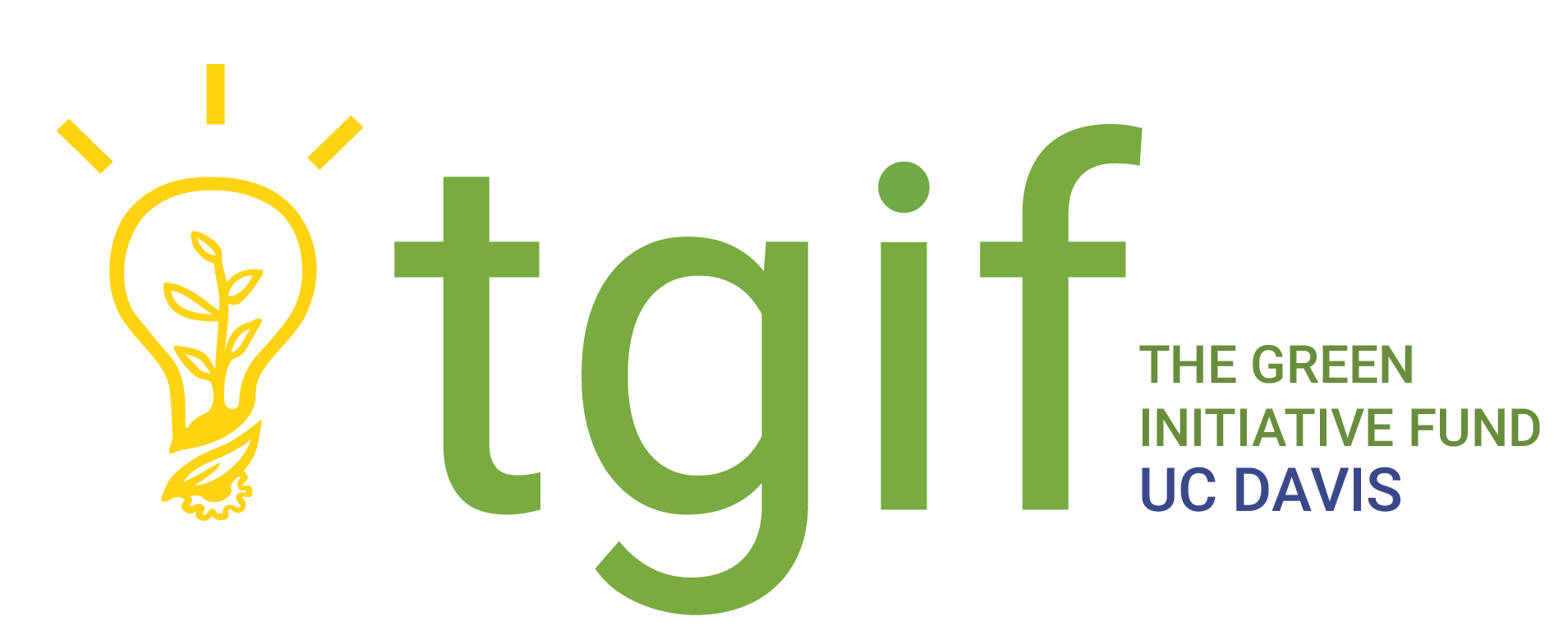The Green Initiative Fund Bylaws
During the Spring of 2025, the 2024-2025 TGIF Committee did an in-depth update our bylaws. These updates aimed to address how the interpretation and application of our bylaws can shift with the unique perspectives and priorities of each year's Committee, while maintaining clear standards to promote fairness and accountability. Each year, our secretary thoroughly reviews the bylaws and makes minor updates before bringing it to the Committee for approval. Every few years, an Ad-hoc Bylaw Committee is formed to conduct an in-depth review and updating of our bylaws. Please reach out to tgif@ucdavis.edu with any questions.
